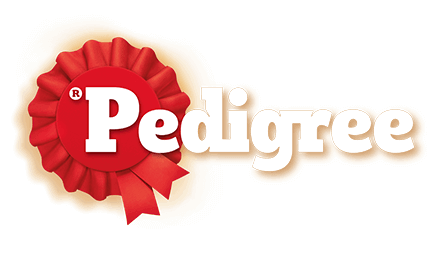To stay healthy, your puppy or adult dog needs to be fed a complete and balanced food. The right number of calories depends on your pet’s size, his breed and the amount of exercise he gets. Life stage also matters considering puppies, adult dogs, senior dogs, pregnant and lactating bitches all have different nutritional needs.
Feeding Puppies
- At weaning (between 6 and 8 weeks of age), the puppy's energy requirements are about double those of an adult of the same breed, per unit of body weight.
- Puppies are very active and grow rapidly. As a result, they must eat large amounts of food relative to their size. But since their physical capacity to do so is limited by their small stomach volume, you should give them their food in small portions three or four times a day.
Feeding Adult Dogs
- Recommendations on feeding your dogs are given on all Pedigree® products. Do select the right product basis your pet’s life stage and size. Most adult dogs are able to eat all they require in a single meal, but feeding them 2-3 times a day to coincide with family meals is a common practice.
- It is, however, usually best to avoid late evening meals for dogs may need to relieve themselves within a few hours of feeding and this can be inconvenient in the middle of the night.
Feeding Pregnant Dogs and New Mothers
- The duration of pregnancy is on an average 63 days, but the female dog’s energy requirements do not increase appreciably until the last third of gestation when most foetal weight gain occurs.
- From the 5th week onwards, increase your dog’s food allowance by 15% each week.
- Be careful about overfeeding in early pregnancy, since this will lead to the deposition of unwanted fat and may predispose your pet to problems at whelping.
- During lactation, increase by 3 times or feed ad libitum



